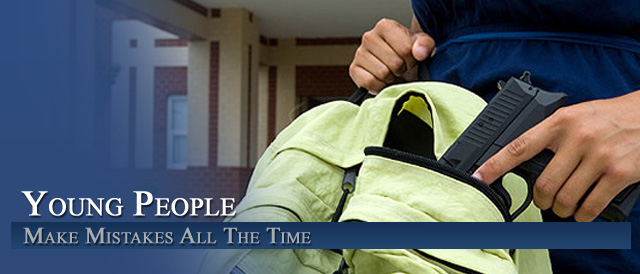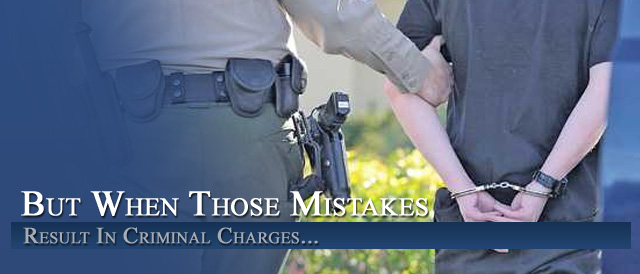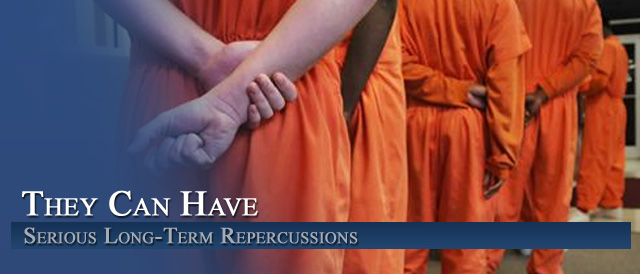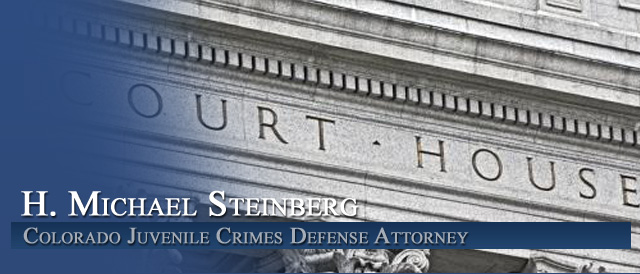




Juvenile Probation Officers – Powers and Duties 19-2-926
As a former Senior – Career Arapahoe – Douglas County District Attorney -in his13 years (1984 – 1997) years as a prosecutor – H. Michael was assigned to the prosecution of hundreds of juvenile prosecutions. As a Colorado Criminal Defense Lawyer for the last 16 years (1997 – 2013) – he has successfully handled hundreds more juvenile cases.
Juvenile criminal defense lawyers must be specialized in this area and must have specialized training and experience to be effective on behalf of their clients… essentially just children. Because Juvenile Court is different than adult court – an experienced lawyer in adult may be incompetent to practice in juvenile court.
Where your child’s freedom and future is at stake…go with experience every time.
Here is the statute referenced in the Article That Linked you to this page:
19-2-926. Juvenile probation officers – powers and duties
(1) Juvenile probation officers appointed under the provisions of section 19-2-204 shall make such investigations and keep written records thereof as the court may direct.
(2) When any juvenile is placed on probation, the juvenile probation officer shall give the juvenile a written statement of the terms and conditions of his or her probation and shall explain fully such terms and conditions to him or her, unless such statement has been given him or her and explanation made by the court pursuant to section 19-2-925.
(3) (a) Each juvenile probation officer shall keep informed as to the condition and conduct of each juvenile placed under his or her supervision and shall report thereon to the court as it may direct.
(b) Each juvenile probation officer shall use all suitable methods, including counseling, to aid each juvenile under his or her supervision and shall perform such other duties in connection with the care and custody of juveniles as the court may direct.
(c) Each juvenile probation officer shall keep complete records of all work done, as well as complete accounts of all money collected from those under supervision.
(4) Juvenile probation officers, for the purpose of performing their duties, shall have all the powers of peace officers, as described in sections 16-2.5-101 and 16-2.5-138, C.R.S.
(5) (a) When a juvenile probation officer learns that a juvenile under his or her supervision has changed his or her residence to another county, temporarily or permanently, such officer shall immediately notify the court.
(b) If, after such notification, the court determines that it is in the best interest of the juvenile to transfer jurisdiction to the court in the county in which the juvenile resides or is to reside, the court shall immediately notify such court and shall enter an order transferring jurisdiction to such court. The court transferring jurisdiction pursuant to this paragraph (b) shall transmit all documents and legal and social records, or certified copies thereof, to the receiving court, together with the order transferring jurisdiction. The receiving court shall proceed with the case as if the petition had been originally filed in said court.
Other Articles of Interest:
- Release With Services C.R.S. 19-2-302
- The Colorado Juvenile Criminal Sentencing Hearing – Part I of III
- Colorado Juvenile Law – When Your Child Is Arrested – What To Do – A Guide For Parents
- Sentencing – Probation – Supervised Work Program 19-2-913
- Colorado Criminal Law – Can The Police Detain Me While A Search Warrant Is Executed?












